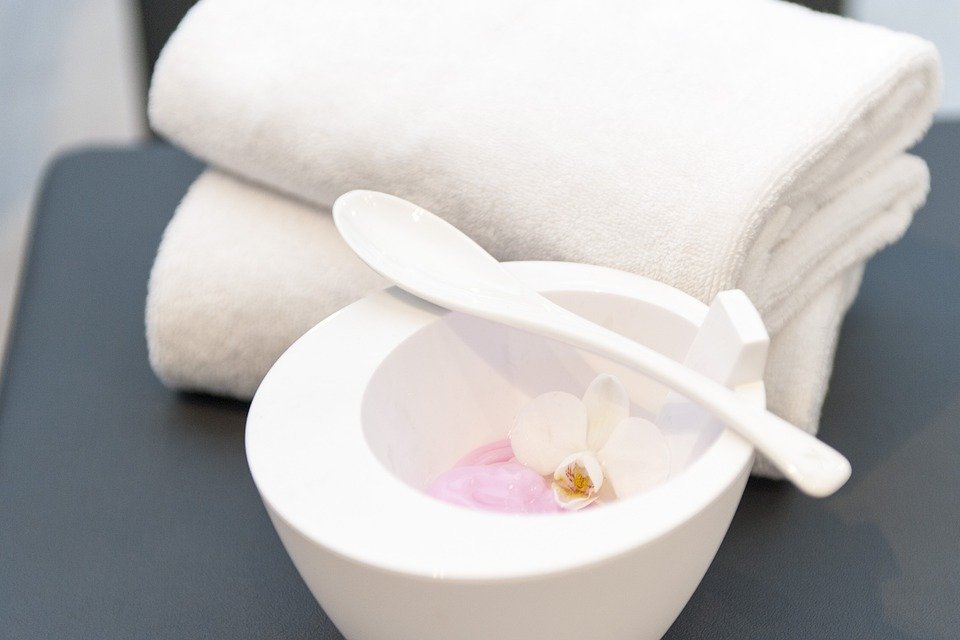The Science Behind Self-Care: Understanding its Benefits on Mental and Physical Health
Introduction:
In today’s fast-paced world, self-care has become more important than ever. With the constant demands of work, relationships, and daily responsibilities, it is crucial to prioritize our mental and physical well-being. Self-care encompasses a wide range of activities and practices that promote self-love, relaxation, and rejuvenation. While it may seem like a mere buzzword, there is a scientific basis behind the benefits of self-care. In this article, we will explore the science behind self-care and how it positively impacts our mental and physical health.
Understanding Self-Care:
Self-care is often misconstrued as being selfish or self-indulgent. However, it is essential to recognize that self-care is a crucial aspect of maintaining a healthy and balanced lifestyle. It involves taking deliberate actions to care for oneself, physically, mentally, and emotionally. This can include activities such as exercise, meditation, spending time in nature, pursuing hobbies, practicing gratitude, and engaging in social connections.
The Benefits of Self-Care on Mental Health:
1. Stress Reduction: Engaging in self-care activities has been shown to reduce stress levels. When we prioritize ourselves and engage in activities that bring us joy, it helps to alleviate anxiety and promotes relaxation. For example, participating in yoga or meditation has been proven to lower cortisol levels, which is a hormone associated with stress.
2. Improved Mood: Self-care activities release endorphins, which are natural mood boosters. Engaging in pleasurable activities like taking a bubble bath, reading a book, or listening to music can help to improve our mood and increase feelings of happiness.
3. Enhanced Resilience: Regular self-care practices can improve our resilience to stress and adversity. By taking time to recharge and nurture ourselves, we are better equipped to handle challenging situations and bounce back from setbacks.
4. Increased Self-Compassion: Self-care encourages us to be kind and compassionate towards ourselves. It helps to develop a positive self-image and promotes self-acceptance. Engaging in self-care activities sends a message to ourselves that we are worthy of love and care, leading to improved self-esteem.
The Benefits of Self-Care on Physical Health:
1. Boosted Immune System: Engaging in self-care activities, such as getting enough sleep, eating a balanced diet, and regular exercise, can significantly boost our immune system. A strong immune system helps to prevent illnesses and promotes overall physical health.
2. Improved Sleep Quality: Prioritizing self-care often involves establishing healthy sleep habits. Quality sleep is essential for our physical health as it allows our bodies to repair and rejuvenate. Engaging in relaxation techniques before bed, such as reading or practicing mindfulness, can promote better sleep quality.
3. Reduced Risk of Chronic Illness: Chronic stress has been linked to the development of various health conditions, such as heart disease, diabetes, and obesity. By engaging in self-care activities that reduce stress levels, we can reduce the risk of developing these chronic illnesses.
4. Increased Energy Levels: Taking care of ourselves physically through activities like regular exercise and proper nutrition can significantly increase our energy levels. When we feel energized, we are more likely to engage in other healthy behaviors, such as pursuing hobbies or spending time with loved ones.
FAQs:
Q: Is self-care only for individuals facing mental health issues?
A: No, self-care is beneficial for everyone, regardless of whether they have a mental health condition or not. It is a proactive approach to maintaining overall well-being.
Q: How often should I engage in self-care activities?
A: The frequency of self-care activities can vary from person to person. It is important to find a balance that works for you. Engaging in self-care on a regular basis, even if it’s just a few minutes each day, can have a significant impact on your mental and physical health.
Q: Can self-care be expensive?
A: Self-care does not have to be expensive. While some activities may require financial investment, many self-care practices can be done without spending a lot of money. For example, taking a walk in nature, practicing deep breathing exercises, or spending quality time with loved ones.
Conclusion:
Self-care is not a luxury; it is a necessity. The scientific evidence behind the benefits of self-care on both mental and physical health is abundant. By prioritizing self-care, we can reduce stress, improve our mood, boost our immune system, and increase our overall well-being. Remember, self-care is not selfish; it is an essential investment in ourselves that allows us to be the best version of ourselves. So, take some time each day to engage in activities that bring you joy, relaxation, and peace. Your mind and body will thank you.


